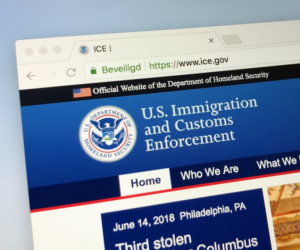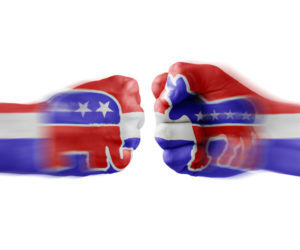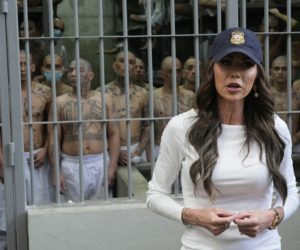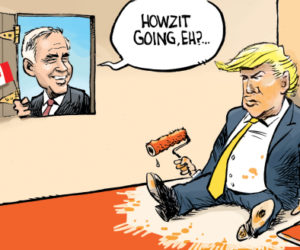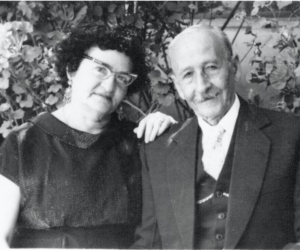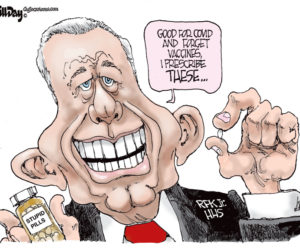Every year on July 12th, the Roman Catholics in Northern Ireland are reminded of how anti-Catholic terrorism wasn’t just a thing in their distant past.
Here is an excerpt from the Wikipedia entry about Orangemen’s Day (a.k.a. The Twelfth):
“During the Troubles (late 1960s to late 1990s), the Twelfth was often accompanied by riots and paramilitary violence. In 1972, three people were shot dead on the Twelfth in Portadown. On the Twelfth in 1998, during the Drumcree conflict, three young boys were killed when loyalists firebombed their house in Ballymoney. The boys’ mother was a Catholic, and their home was in a mainly Protestant housing estate. The killings provoked widespread anger from both Catholics and Protestants.
Since the Troubles began, some bands hired to appear at Twelfth marches have openly shown support for loyalist paramilitary groups, either by carrying paramilitary flags and banners or sporting paramilitary names and emblems. A number of prominent loyalist militants were Orangemen and took part in their marches. In February 1992, the loyalist Ulster Defence Association (UDA) shot dead five Catholic civilians in a betting shop in Belfast. When Orangemen marched past the shop that 12 July, some marchers held up five fingers in mockery of the five dead.”
Modern-day historians often describe the conflict in Northern Ireland as being political in nature, not religious. Yet, it was a religious conflict that got that ball rolling in the first place, for the conflict began when English Protestants decided to overthrow England’s and Ireland’s King James II because he was a Catholic.
Here is an excerpt from the Wikipedia entry about James II:
Anti-Catholic acts were not limited to Britain, as seen in the turmoil that took place in the Province of Maryland (now the state of Maryland). Again, here is an excerpt from Wikipedia:
This use of a politician’s Catholic beliefs against him came to an official end in the USA with the ratification of the U.S. Constitution, which forbids the use of a religious litmus test for people seeking public office. However, that didn’t stop American voters from exhibiting anti-Catholic prejudice, as described in an article published by the JFK Presidential Library:
Much has changed in American society since JFK ran for the Presidency. Today, American voters, in general, couldn’t care less if a political candidate were a Catholic, as evident by the rising support of the presidential candidacy of Catholic politician Marco Rubio.
Also, Protestant Americans would be quick to protest if an anti-Catholic group like the Orangemen attempted to harass Catholics in America. Protestant Americans would treat such a group as a pariah.
As for what the Orangemen still do to the Catholics in Northern Ireland . . . orange you glad that modern-day Americans have contempt for such anti-Catholic foolishness?
———————————————————————————————————-
Featured Image is a screen shot from a BBC story titled “Mass orange fight in Italian town”.
The “Wanted” posters say the following about David: “Wanted: A refugee from planet Melmac masquerading as a human. Loves cats. If seen, contact the Alien Task Force.”




